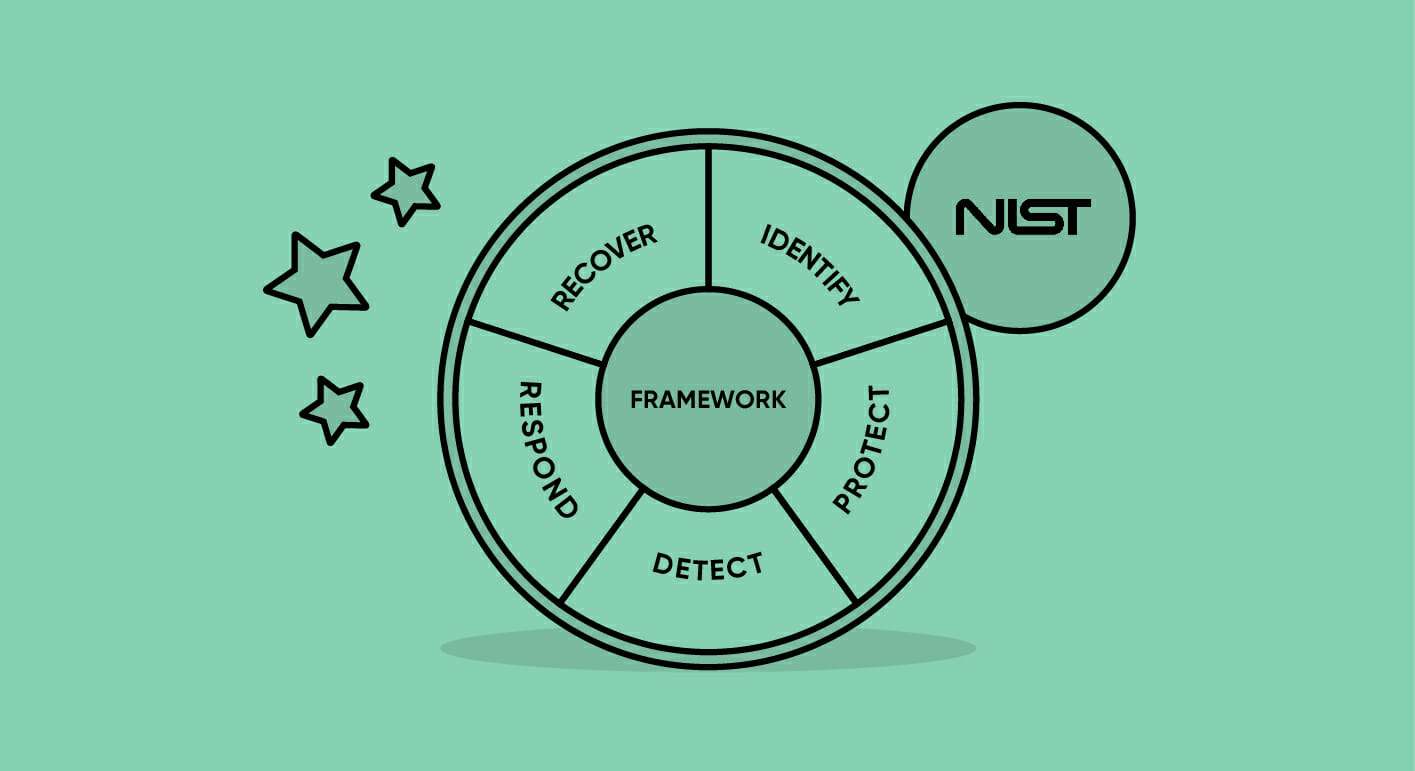Social networks are making significant changes to their data access policies, affecting third-party developers who rely on their platforms. These alterations have led to mixed feelings among developers, impacting their ability to create new apps and services.
Key Takeaway
Social networks are tightening their data access, posing challenges for third-party developers and prompting a shift towards decentralized platforms.
The APIcalypse
In 2023, Twitter, now X, and Reddit modified their terms, restricting access for third-party experiences on their platforms. Twitter’s abrupt changes to its developer terms resulted in the shutdown of several third-party apps, while Reddit’s altered API terms led to the discontinuation of various apps, sparking backlash from developers and users alike.
Social Networks Protecting Data
Both Twitter and Reddit have implemented restrictions on their APIs to better monetize their data and prevent AI companies from using it to train models. These changes have raised concerns among developers, as they navigate the evolving landscape of social network access and data usage.
The New Wave of Social Networks
The shift in policies at X/Twitter has given rise to new social networks such as Bluesky, Spill, Pebble, Post, and Meta-owned Instagram Threads. Mastodon, a decentralized network, has also gained prominence in the social sphere, attracting developers seeking more open ecosystems.
Weaving the Thread(s)
The emergence of Meta’s Threads, with over 130 million active users, has introduced new challenges for third-party developers. As the social network landscape continues to evolve, developers are faced with the task of adapting to changing APIs and the potential impact on their apps and services.
Money-making through Apps
Developers are exploring alternative revenue streams and diversifying their offerings to mitigate the impact of social networks’ evolving policies. While challenges persist, developers remain optimistic about the opportunities presented by open protocols and decentralized platforms.

























